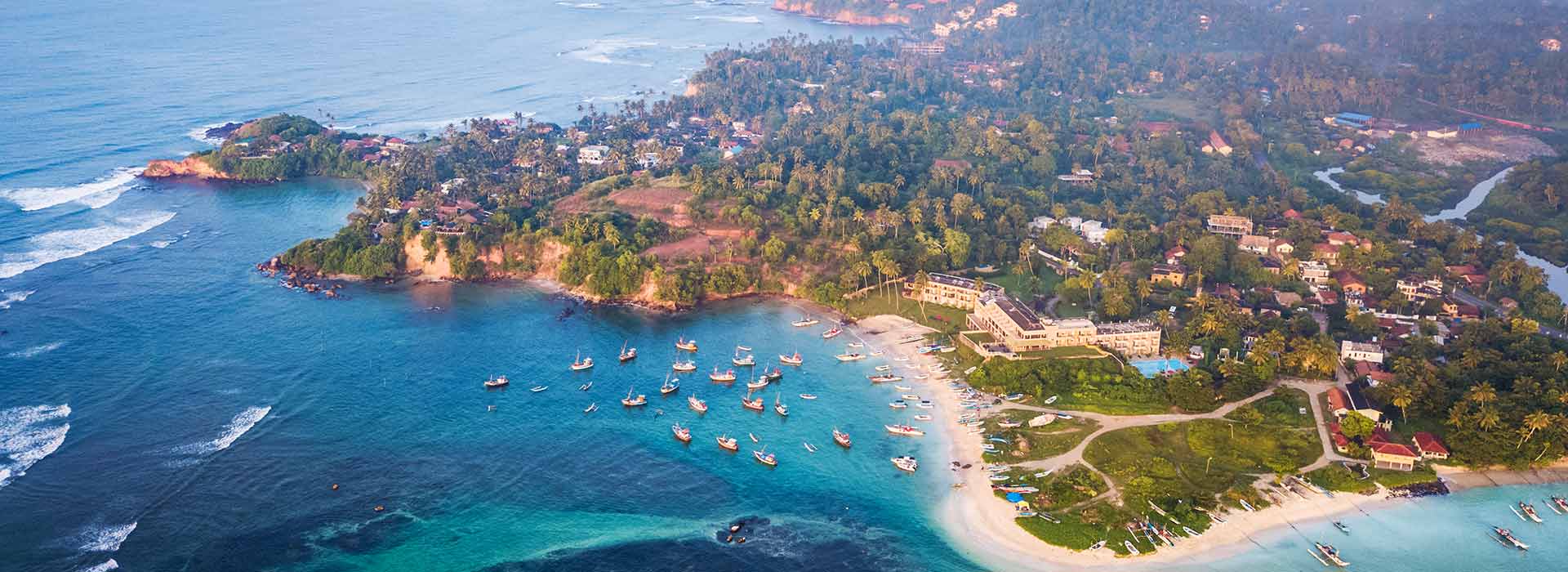Most hotels will provide you with a plug-in mosquito repellent which will usually be switched on during turn down. Mosquito nets in hotels are a rarity. It would be wise to apply some mosquito repellent lotion if you plan to spend time outdoors. You can easily purchase mosquito repellent from local supermarkets or pharmacies if you forget to bring some with you.
If you are planning to go trekking or hiking in the mountains or rainforests, you will most likely encounter leeches. Carry a pair of leech socks as a precaution. If you do find a leech on your body, do not pull it off. Wait for it to fall off, or apply some salt or soap to the area, this will release the leech.
If you have discomfort such as itching and redness due to insect bites, it would be best to visit a pharmacy and purchase an over the counter topical medication. If the bites continue to be an issue it would be advisable to seek medical attention.
